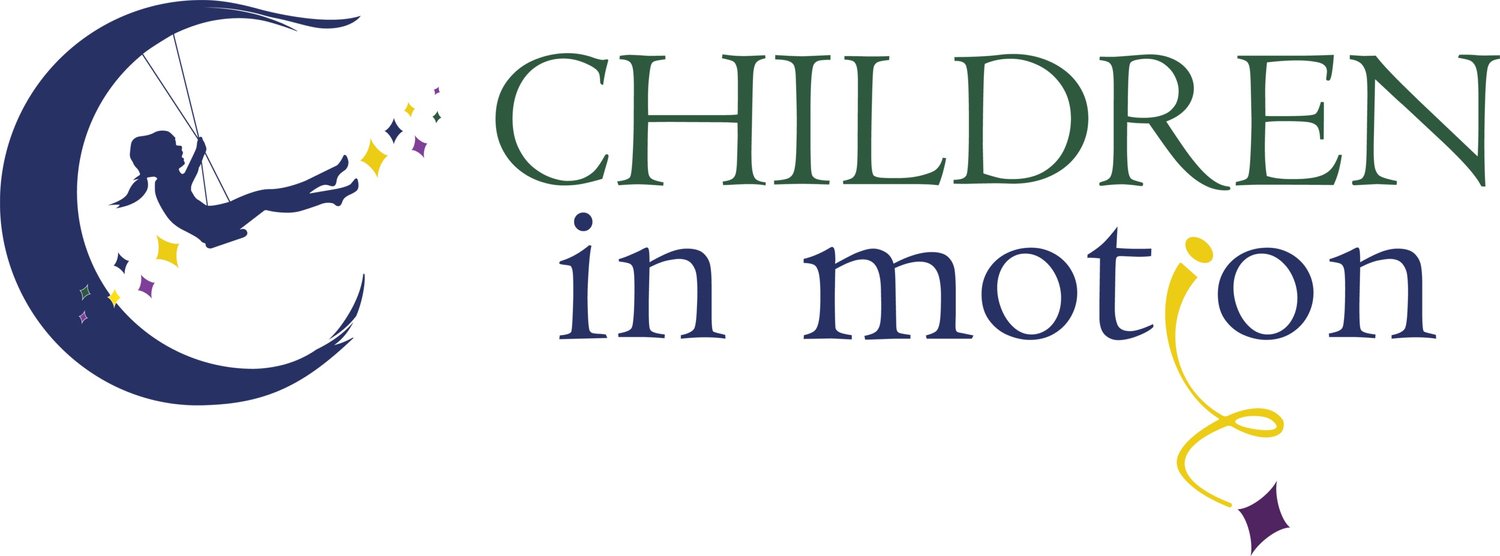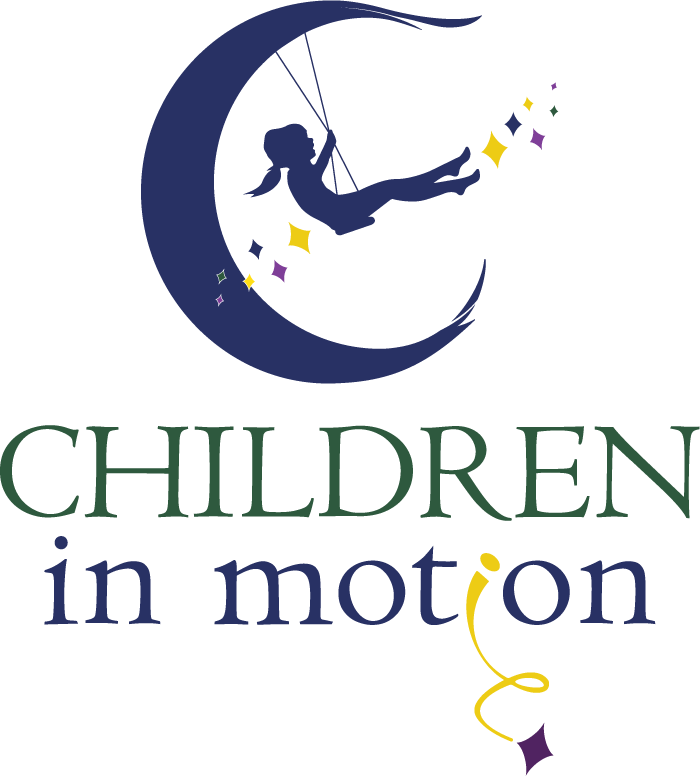Understanding Gestalt Language Processing in Children with Autism
Article Written By: Maren Mabey, CCC-SLP
Gestalt language processing is a unique way in which some children, particularly those with autism, develop language skills. Recognizing and supporting this process is crucial for parents and professionals working with these children.
What is Gestalt Language Processing?
Echolalia: Children with gestalt language processing often exhibit echolalia, which is the repetition of phrases and sentences they have heard. This is not merely mimicry but a part of their language development process.
Scripting: They might also use scripting, where they repeat dialogues from TV shows, movies, or books. These scripts or 'gestalts' are their way of communicating and making sense of the world.
How It Differs
Gestalt language processors learn language in 'chunks' rather than building it word by word. This approach differs significantly from the typical language development where children start with single words and then gradually combine them into phrases and sentences.
Recognizing the Signs
Children with autism who are gestalt language processors may:
Frequently repeat phrases out of context.
Use lines from shows or commercials in conversation.
Seem to speak in a 'parrot-like' manner.
Supporting Gestalt Language Processors
Accept and Acknowledge: Understand that this form of communication is valid and meaningful for the child. Acknowledge their efforts to communicate.
Use of Scripts: Identify the scripts and use them as a bridge to more conventional forms of communication. For instance, if a child consistently uses a phrase from a show to express a need, acknowledge this and gradually model how to say it in other ways.
Professional Guidance: Speech-language pathologists with experience in autism can provide specific strategies to support gestalt language processors. They can help in breaking down scripts into usable language and in teaching how to initiate and respond in conversations.
Importance of Early Intervention
Early intervention remains key in supporting children with autism who are gestalt language processors. Tailored strategies can help them expand their communication skills and use their unique way of processing language more effectively.
Final Thoughts
Recognizing and supporting gestalt language processing in children with autism is a vital aspect of their speech and language development. As a parent, understanding this process and seeking appropriate professional support can make a significant difference in your child's communication journey. If you suspect your child may be a gestalt language processor and you would like guidance on how to best facilitate their language growth and development, please reach out to our Speech Therapy team.
As always, this information is to provide general guidance and should not replace the advice of a healthcare professional. If you suspect your child is a gestalt language processor or has other speech and language concerns, consulting with a specialized speech-language pathologist is recommended.

